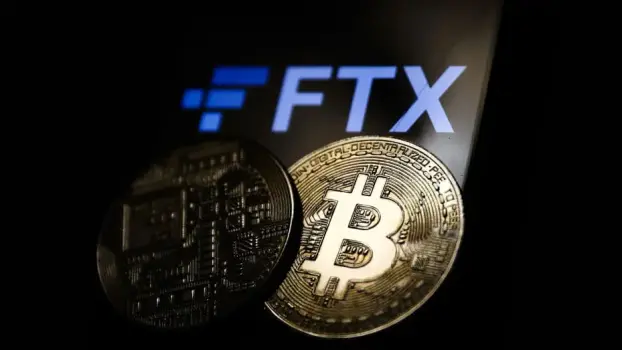Pro-Bitcoin candidate wins primary elections in Argentina
Libertarian candidate Javier Milei is in favor of Bitcoin. In this text we show how cryptocurrency could be a solution to Argentina's current economic problems.

In a surprising turn of events, libertarian candidate Javier Milei has emerged victorious in Argentina's primary presidential elections. With 90% of the votes counted, Milei, representing the "La Libertad Avanza" party, secured 30.5% of the votes, surpassing candidates from "Juntos por el Cambio" and "Unidos por la Patria," who garnered 28% and 27% of the votes, respectively.
Milei's unconventional stance on economic matters, particularly his critiques of traditional institutions and his favorable view of Bitcoin, garnered considerable attention both domestically and internationally. He characterized the Central Bank as a tool used by politicians to exploit the public through inflationary taxes. Regarding Bitcoin, Milei described it as a means to restore control of money to the private sector, emphasizing its potential as a decentralized and apolitical form of currency.
Despite his pro-Bitcoin position, Milei does not advocate for Bitcoin's official recognition as legal tender in Argentina, in contrast to the approach taken by El Salvador, which might be a missed opportunity for the Latin American country. Instead, he points towards "dollarization" of the economy to address the country's triple-digit inflation rates.
As no candidate is expected to surpass the 45% threshold in the preliminary election, a general election featuring the top candidates from each party will take place in October. If none of the candidates secures 45% in that round, a final runoff vote is scheduled for November.
Bitcoin's potential solution in the Argentine context
The political and monetary situation in Argentina is complex and volatile. The country has a long history of political and economic instability, which has hindered economic development.
Inflation is particularly problematic, having already reached 115.6% over a 12-month period, leading to rapid price increases and a loss of citizens' purchasing power. The Argentine peso has also experienced significant depreciation, losing 54% of its value in a year, complicating imports and tourism.
Another critical issue is Argentina's public debt, which stands at around 100% of its GDP, a very high volume. This means the government needs to allocate significant funds for debt interest payments, diverting resources that could otherwise be used for investment in the country.
The adoption of Bitcoin presents itself as a potential solution to some of these challenges. The decentralized nature and limited supply of the cryptocurrency contrast with the inflationary pressures faced by traditional currencies. Additionally, Bitcoin could offer an alternative store of value for citizens cautious about the erosion of their savings in pesos. It could also serve as a store of value for the Argentine government itself.
Bitcoin adoption in El Salvador
El Salvador garnered attention in 2021 by becoming the first country to adopt Bitcoin as legal tender. Despite facing international criticism and initial challenges, this move has yielded significant benefits. One year after adoption, the country has witnessed a 30% increase in tourism, a remarkable achievement in a post-pandemic world.
Furthermore, President Nayib Bukele enjoys high approval ratings exceeding 80%, likely attributed, in part, to his innovative approach to financial policy. The adoption of Bitcoin has also encouraged its use as a reserve currency among the local population, reducing the high fees associated with sending money abroad.
El Salvador's adoption of Bitcoin has not only facilitated financial innovation within its borders but has also inspired other countries to consider similar approaches. The Central African Republic and even regions of Switzerland are exploring the potential benefits of adopting cryptocurrencies.
While the future remains uncertain, Milei's prominence in Argentina's primary elections underscores a growing sentiment among Argentine citizens that exploring alternatives to the traditional monetary system could potentially offer solutions to the nation's economic challenges. As the political landscape continues to evolve, the role of Bitcoin in addressing Argentina's monetary issues could gain prominence in public discourse.



